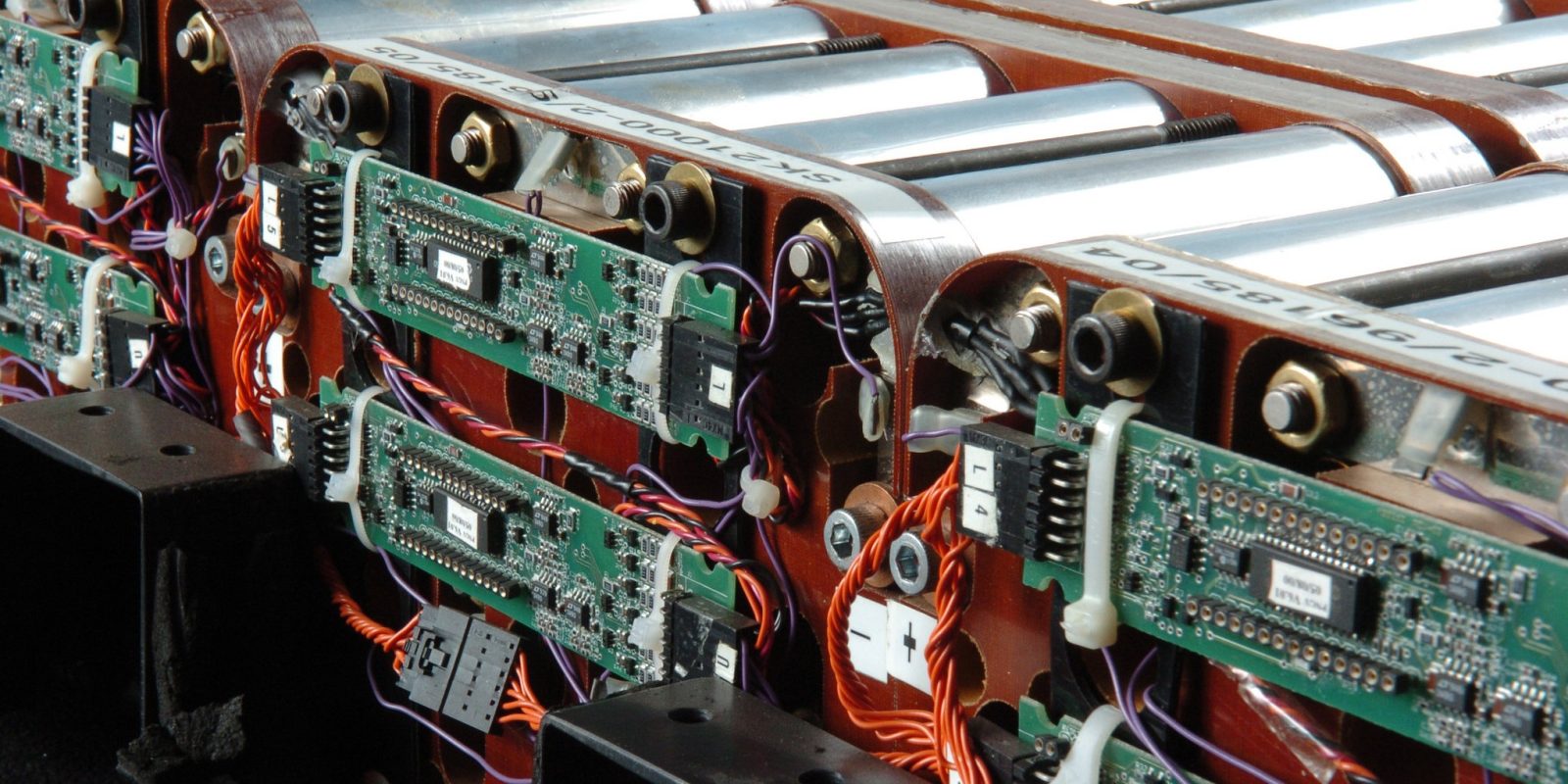
In a significant advancement for EV technology, researchers at Chung-Ang University in South Korea have made a breakthrough in lithium-ion (Li-ion) battery charging times and safety.
Published in the journal Energy Storage Materials, their study focuses on improving Li-ion batteries for EVs.
The challenge with current Li-ion batteries lies in achieving rapid charging without compromising the battery’s energy density, which affects the vehicle’s range and charging times. Additionally, fast charging has raised safety concerns due to lithium plating, which can lead to high cell polarization.
The research team has developed a strategy to mitigate these issues by enhancing the electrolyte composition within the battery. By using concentrated LiPF6 (a Li-ion battery electrolyte) in combination with linear carbonates, the team aimed to improve the desolvation process, which is critical for rapid ion movement into the graphite anode. They specifically focused on electrolytes with low activation energy, such as dimethyl carbonate, to facilitate faster charging.
Their findings indicate that these electrolyte modifications can significantly enhance fast-charging capabilities while maintaining battery stability. Laboratory tests on a 1.2-Ah pouch cell demonstrated that the battery could retain three times more capacity over 200 cycles, and importantly, it prevented the cell swelling commonly associated with lithium plating.
Moreover, the study employed molecular dynamics simulations to understand the effects of different electrolyte concentrations on battery performance. This dual approach of practical experimentation and computational analysis provides valuable insights into how future batteries can be engineered for ultra-fast charging capabilities.
Lead researcher and associate professor Janghyuk Moon believes that these advancements could make EVs more practical by reducing charging times and extending vehicle range, thus encouraging broader adoption.
Moon said, “By improving the kinetics and stability of batteries under fast charging conditions, we hope to make a meaningful impact on the EV industry and ultimately on people’s daily lives.”
Read more: Harvard develops a solid state battery that charges in minutes
To limit power outages and make your home more resilient, consider going solar with a battery storage system. In order to find a trusted, reliable solar installer near you that offers competitive pricing, check out EnergySage, a free service that makes it easy for you to go solar. They have hundreds of pre-vetted solar installers competing for your business, ensuring you get high quality solutions and save 20-30% compared to going it alone. Plus, it’s free to use and you won’t get sales calls until you select an installer and you share your phone number with them.
Your personalized solar quotes are easy to compare online and you’ll get access to unbiased Energy Advisers to help you every step of the way. Get started here. – ad*
FTC: We use income earning auto affiliate links. More.



Comments